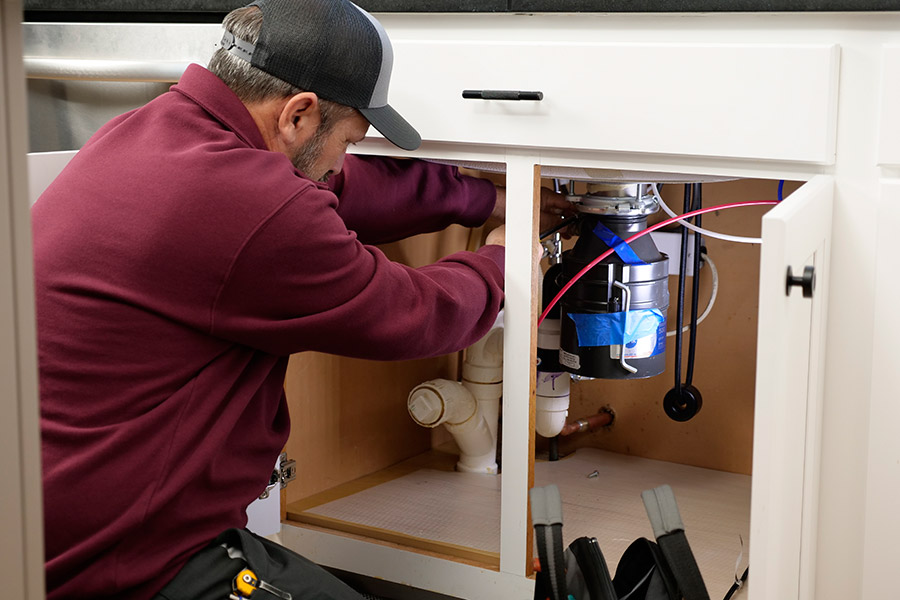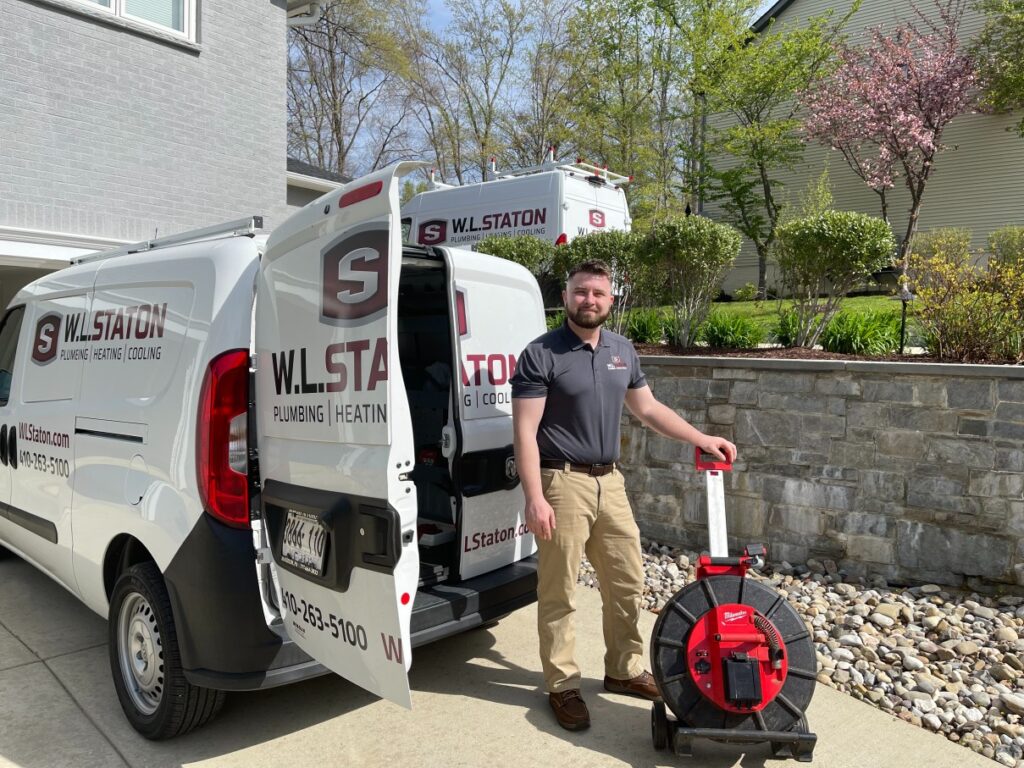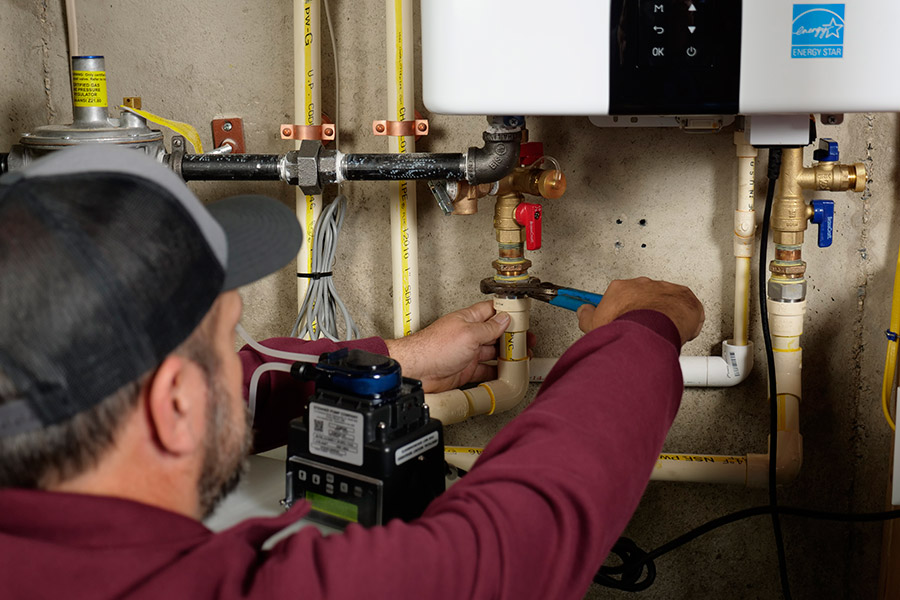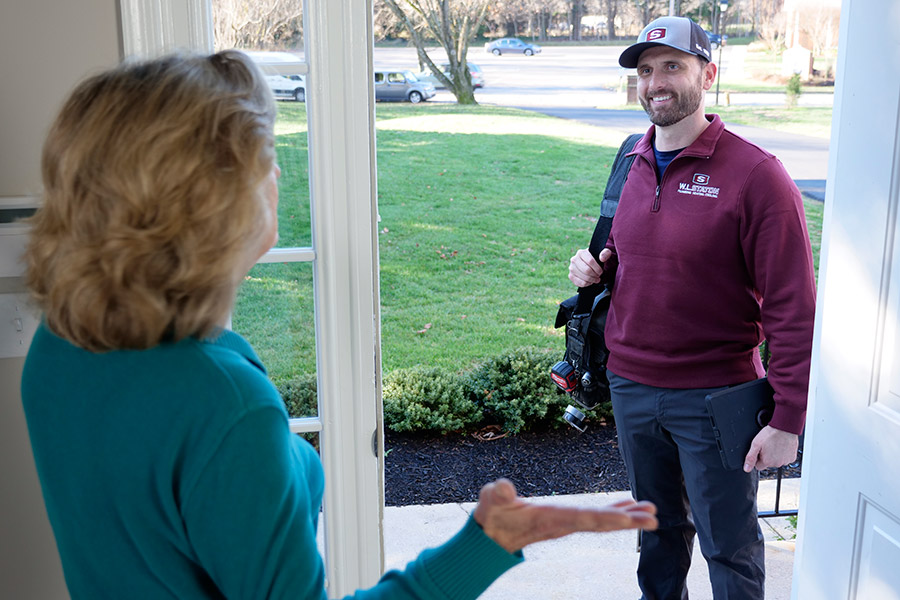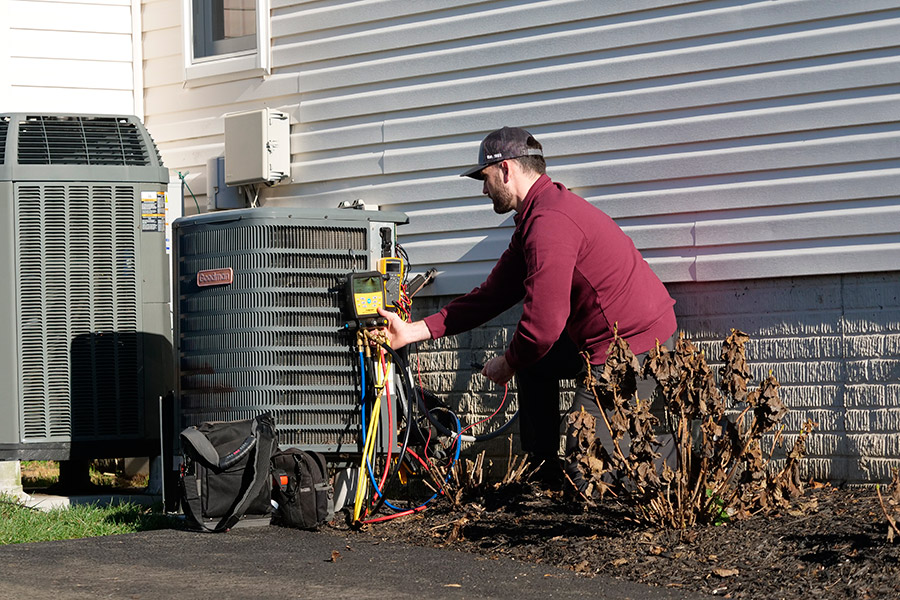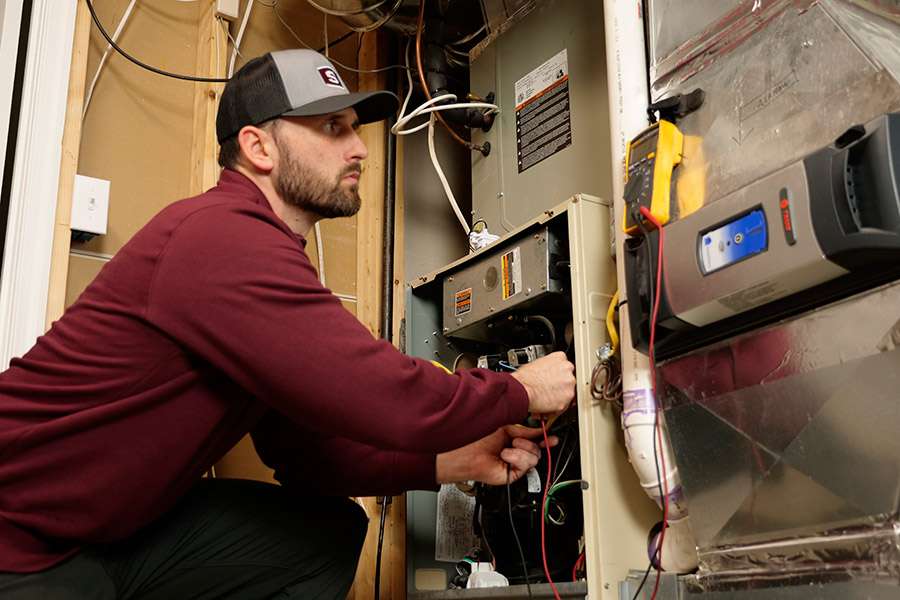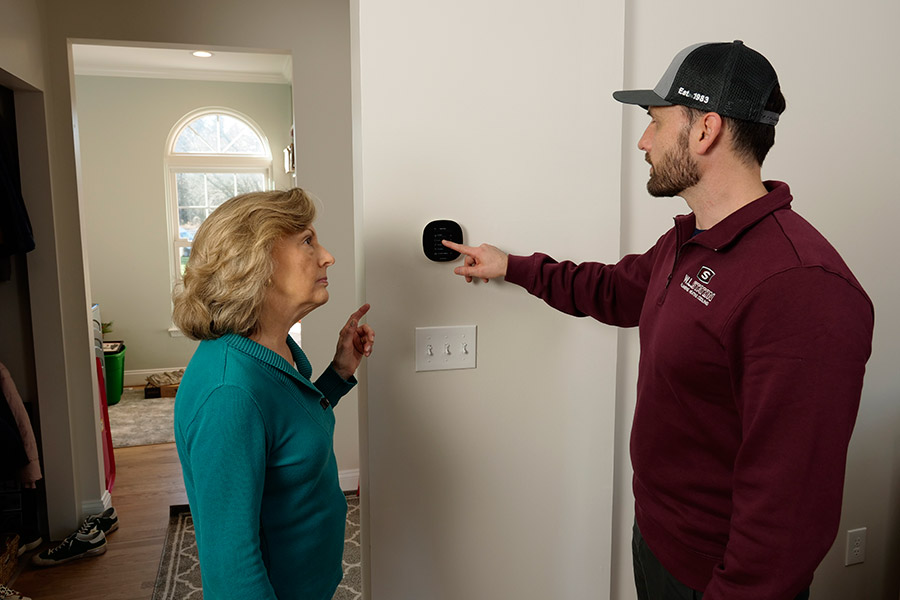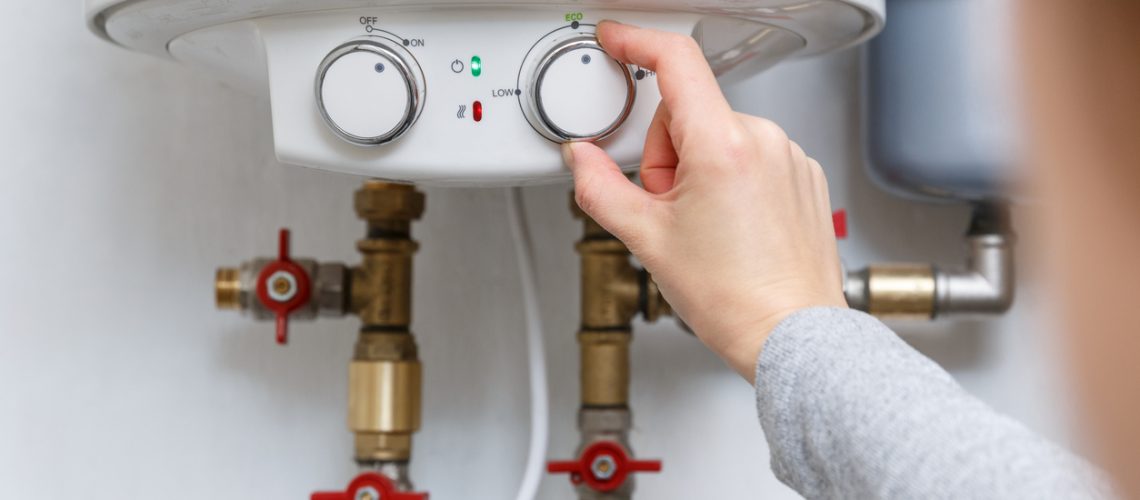When you turn on the hot water tap, the last thing you want is to wait forever for the water to heat up. Whether you’re drawing a bath or getting ready to wash dishes, understanding how long it takes for a water heater to heat up can help you manage your time and expectations. In this comprehensive guide, we’ll delve into the factors that affect heating time for various types of water heaters and provide tips on how to optimize your system’s performance.
Types of Water Heaters and Their Heating Times
The time it takes for a water heater to heat up depends on the type of heater you have. Here are the common types of water heaters and their typical heating times:
Tank Water Heaters
Traditional tank water heaters store a large volume of water, typically between 30 to 50 gallons. The heating time for these units varies based on the size of the tank, the type of fuel (electric or gas), and the initial temperature of the water.
- Electric Water Heaters: These generally take longer to heat up compared to gas units. On average, an electric water heater can take about 60-80 minutes to heat a full tank of water.
- Gas Water Heaters: Gas water heaters heat up more quickly than electric models. They usually take about 30-40 minutes to heat a full tank.
Tankless Water Heaters
Tankless water heaters, also known as on-demand water heaters, heat water instantly as it flows through the unit. This means there’s no waiting for a tank to fill up and heat. However, the heating time can still vary depending on the flow rate and the temperature of the incoming water. Generally, a tankless water heater can deliver hot water within seconds, though the initial delay might be 10-20 seconds while the unit kicks in.
Heat Pump Water Heaters
Heat pump water heaters are more energy-efficient but can have slower heating times. They work by transferring heat from the surrounding air to the water. On average, a heat pump water heater might take around 2-3 hours to heat a full tank, depending on the ambient temperature.
Factors Affecting Water Heating Time
Several factors influence how long it takes for a water heater to heat up:
- Size of the Water Heater: Larger tanks naturally take longer to heat up than smaller ones. A 40-gallon tank will heat up faster than a 50-gallon tank, assuming all other factors are equal.
- Fuel Type: As mentioned earlier, gas water heaters typically heat up faster than electric ones. This is due to the higher energy output of gas burners compared to electric heating elements.
- Temperature Rise: The temperature rise refers to the difference between the incoming water temperature and the desired hot water temperature. If the incoming water is very cold, it will take longer to heat up to the desired temperature.
- First Hour Rating: The first-hour rating (FHR) measures how much hot water the heater can supply in the first hour of use. A higher FHR indicates a quicker recovery time, meaning the heater can produce more hot water in a shorter period.
Tips to Optimize Water Heating Time
Here are some tips to ensure your water heater heats up as quickly and efficiently as possible:
1. Insulate Your Water Heater and Pipes
Adding insulation to your water heater tank and pipes can reduce heat loss, allowing the water to stay hot longer and reducing the time it takes to reheat.
2. Upgrade to a More Efficient Model
If your current water heater is old or inefficient, consider upgrading to a newer model with a higher energy efficiency rating. Tankless water heaters, for instance, provide hot water on demand and can be a great option for households with varying hot water needs.
3. Regular Maintenance
Regular maintenance, such as flushing the tank to remove sediment buildup, can improve the efficiency of your water heater. Sediment can act as an insulator, making it harder for the heating elements to transfer heat to the water.
4. Adjust the Thermostat
Ensure your water heater’s thermostat is set to the appropriate temperature. The U.S. Department of Energy recommends setting it to 120°F (49°C) to prevent scalding and save energy.
Conclusion
Understanding how long it takes for a water heater to heat up can help you plan your daily activities better and ensure you always have hot water when you need it. By considering the type of water heater, its size, and the various factors that influence heating time, you can optimize your system for better performance and efficiency.
If you’re experiencing issues with your water heater or considering an upgrade, contact W.L. Staton for all your plumbing needs. Our expert team is ready to help you choose the best water heater for your home and ensure it operates at peak efficiency. Don’t wait—call us today for reliable and professional plumbing services!

